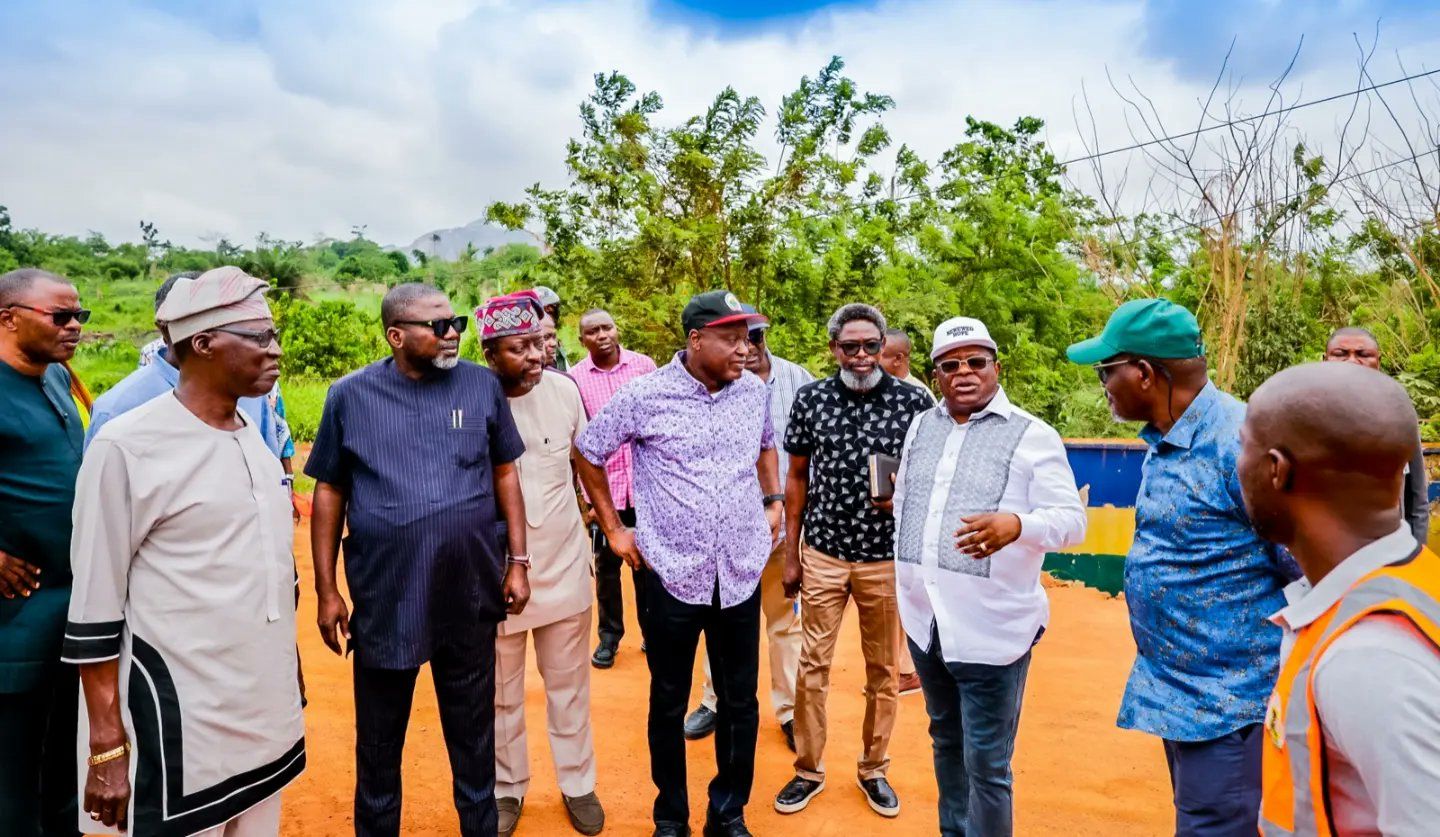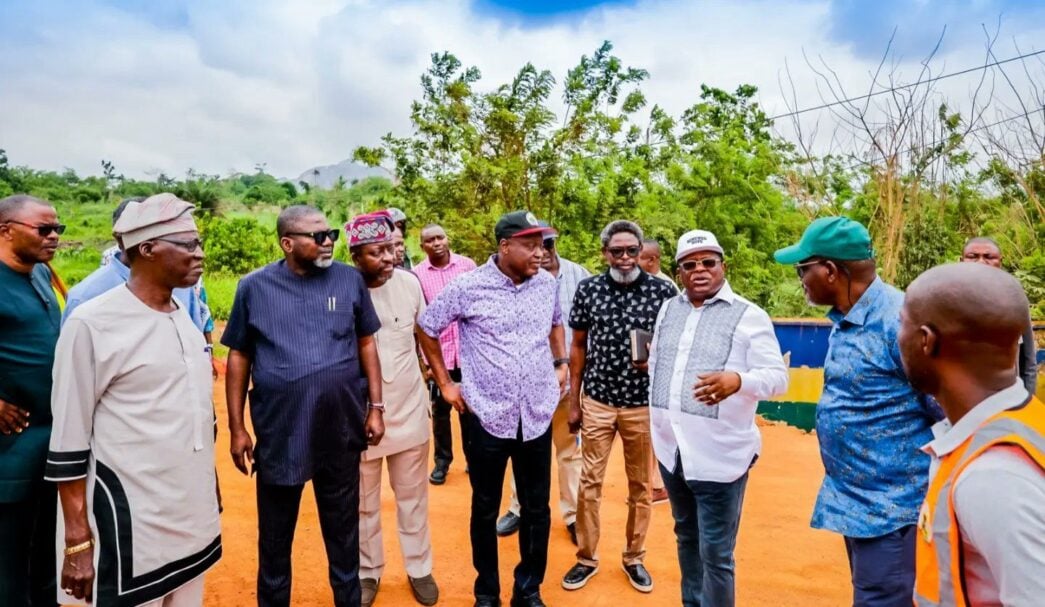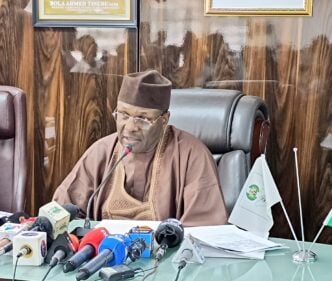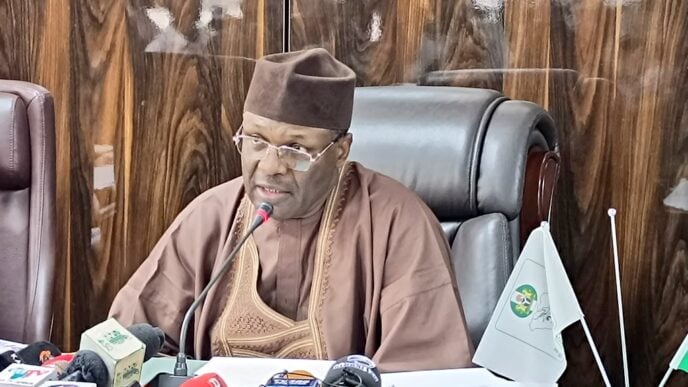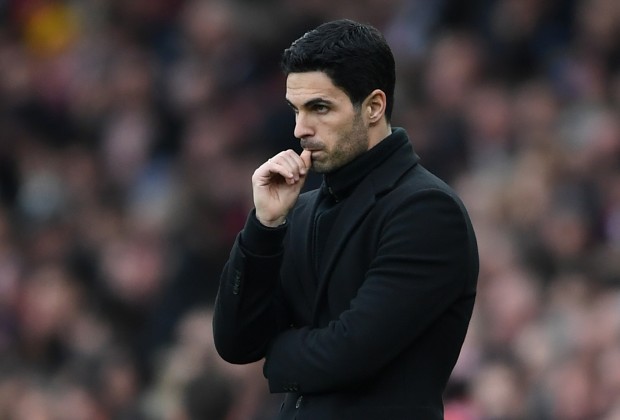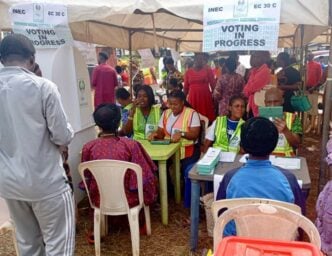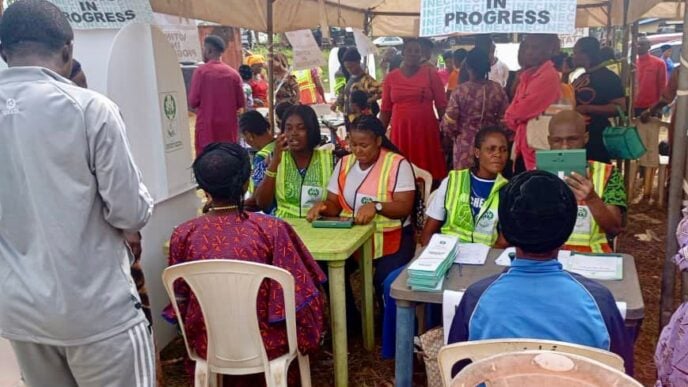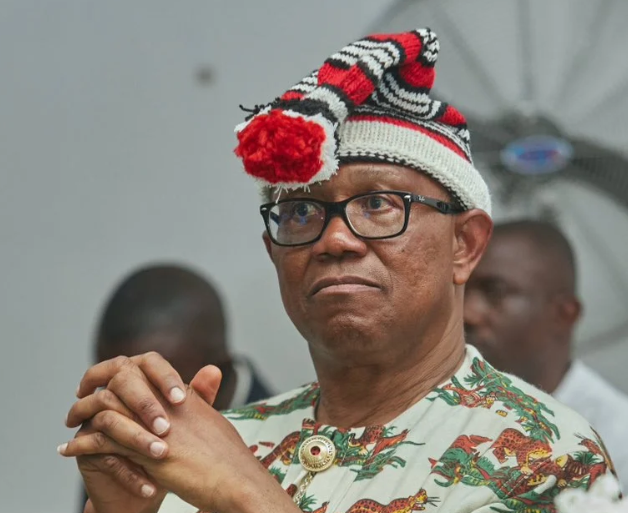Almost on a biweekly basis, I ply the roads from Lagos to Ado Ekiti, to and fro. After the smooth ride from Lagos to Ibadan, the rest of the journey, particularly from Ibadan through to Ilesha would not only test the shocks of your vehicle, but could give you a headache. There are portions of that road—take the stretch between Ife and Ilesa—where drivers now face one-way traffic just to avoid deep potholes on their proper lane. This happens daily, even though the office of the Federal Road Safety Corps (FRSC) is just a stone’s throw from that portion.
The corps surely has records of how many fatal accidents this has caused, especially at the Iwaraja junction. I have witnessed two myself. I only begin to breathe easy when I veer into Iwaraja, onward to Efon Alaaye– where the road becomes smoother to Ikogosi, Ilawe, and then Ado-Ekiti. This bypass saves me the pothole-laden Aramoko route, which many commercial drivers still use.
This part of the road and others have been a trending subject in the past week, starting with Mr Kunle Afod, popular Nigerian actor, publishing a video of how his car broke down somewhere in Ifaki, after exiting Ijero. Mr Afod, probably in his theatrical elements, showed the colleagues he was traveling with getting under the car to fix it, and with a mocking tone, said, “Ekiti roads are the best in the world.” He also asked us not to forget to see his latest productions on YouTube, Sanmori (parts 1 and 2), and Ile Imo (episodes 22 and 23). I argue the main reason Mr Afod picked his microphone and camera to record was to advertise his films, and the bad road was a good content to push this. Don’t mind me, that was a joke. A few days later, Mr Ayo Ajewole, a comedian, popularly known as Woli Agba, took it from where Mr Afod stopped. From his video, it appeared he was driving through the Aramoko axis. Even when he said the “conditions of the road are not funny anymore”, Woli Agba, in his comical nature, asked people to vote their leader based on their needs. That is, if you lack electricity, vote for an “electrician”, and if you lack roads, vote for a civil engineer. What an interesting logic.
Afod and Woli Agba’s videos have drawn hundreds of concerns, and most of them, calling on the government of Ekiti State to act. Let me quickly note that before now, the government had fixed alternative routes for people traveling into Ekiti either from Abuja or Lagos. As I mentioned earlier, from Iwaraja, it’s a smooth ride to Efon through Ikogosi to Ilawe and then Ado Ekiti. This is the route I have been using in the last two years. There is also the Igbara Oke to Igbara Odo then to Ilawe axis, for people coming in from Lagos/Ibadan.
Advertisement
Now, I know people are tired of hearing that a large part of these roads that lead into Ekiti are managed by the federal government. Of course, there is never a sufficient “excuse” to present to road users who just want to drive smoothly and do not care whether one road is managed by the federal, state, or local government. But, I advise that we put things in their proper perspective to help our understanding.
To start with, there are 350 kilometres (km) of federal road in Ekiti State, spread across about 11 major ways. The Ado – Igede – Aramoko – Itawure – Esa Oke Junction is one of the longest at 66km. The second is the Ifaki – Oye – Ikole – Omuo/Kogi State Border which is also 66km. The Ado – Ekiti – Iluomoba – Imesi/Ondo State Border is 55km. Also the Ado – Ifaki – Otun/Kwara State Border is 55km. The Ado – Itawure – Efon Alaaye is 34km. Ado – Ikere – Ondo State Border is 25km. The Efon – Erinmo – Iwaraja/Osun State Border is 22km, while the Ikole Link Road is 8km. Omuo Oyin – Ondo State Border and Omuo Ife Olukotun – Kogi State Border are 7km each, while the Efon Alaaye spur route is 5km. From available records, not less than 150km out of this 350km of road actually needs repair. Ekiti State’s Governor Biodun Oyebanji himself has continued to show concern over these roads. “I am indeed worried by the deplorable state of our federal roads,” the governor said early last year. He added that “we can’t construct these roads because there will be no refund. But I have sat with our federal lawmakers and they have included some of these roads in the 2024 budget.” Indeed, if you look at the 2025 budget, some parts in about five of these roads were captured; the Akure – Ita Ogbolu – Ado; Iyin – Ilawe (Section 1); Ado – Igede – Aramoko – Itawure; ABUAD – Ijan/Iluomoba; and Omuo – Ifaki.
The Oyebanji administration went on last year to fix the Ado – Iworoko – Ifaki part, costing the state about N15bn. “The road is actually a federal road, but it is Ekiti people that use it,” the governor said when he inspected. “The road is one of the major arteries to the north, and it has become a major concern to our government. Governor Kayode Fayemi started it and we are about to complete it now,” he added. The governor also noted that the state government was able to embark on the project because of the support from the President Bola Tinubu-led federal government.
Advertisement
Over the years, it appears that the challenge has been funding for these federal roads, and when a governor takes it up, there is also the fear of not getting refunded. “If the federal government had refunded the money spent, the governor would have used it for phase 2 of the road I did from Iyin to Ekiti,” Dr Kayode Fayemi, the immediate past governor of Ekiti, said recently. In 2019, the President Muhammadu Buhari-led administration issued a directive for governors to leave federal roads alone if they would demand a refund for work done. At the time, Mr Babatunde Fashola, then minister of works, had also admitted that lack of funding was responsible for these bad roads. Again, in 2023, Engineer Dave Umahi, the minister of works, said the federal government could not refund money spent on federal roads by state governments. “If you are waiting for due process by the federal government saying it will refund, such will not be done, but it is the people that are suffering,” he had said.
This position will certainly be frustrating for state governments that are deeply concerned about federal roads connected to their states, especially those trying to create road linkages as part of a larger investment-attracting strategy. Ekiti state falls into this category. In its 2025 budget, the highest allocation in capital expenditure went to road infrastructure. In the last three years of Governor Oyebanji’s administration, almost 300km of roads have either been constructed or repaired.
What is clear from all these is that the larger debate needs to be revisited if we are to find a lasting solution to this difficult challenge. Should there be legislation laying out a structured cost-offsetting arrangement when a state government constructs a federal road? Can this be arranged without harm to the constitution-mandated distribution of powers under the federal structure? Should we instead rely solely on specific state government-federal administration cooperation? Or should state governments forgo other responsibilities within the remit of their power and assume the humongous costs of federal road construction? We need to honestly debate these questions and hopefully arrive at a sustainable solution; after all, it is the people who suffer.
In all of these, the Oyebanji administration’s commitment to fixing state roads and intervening in some federal roads where possible, while continuing to engage with federal legislators and the federal government regarding federal roads, appears to be the only workable solution in the short term.
Advertisement
Owolabi, a research assistant to Oyebanji, writes from London, UK.
Views expressed by contributors are strictly personal and not of TheCable.

